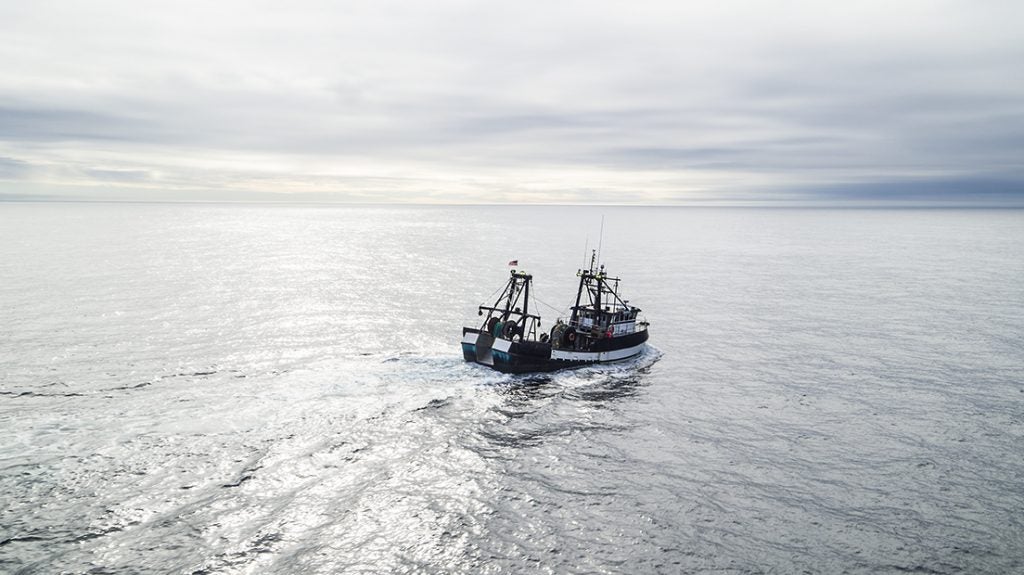By Daniel Willard and Shems Jud
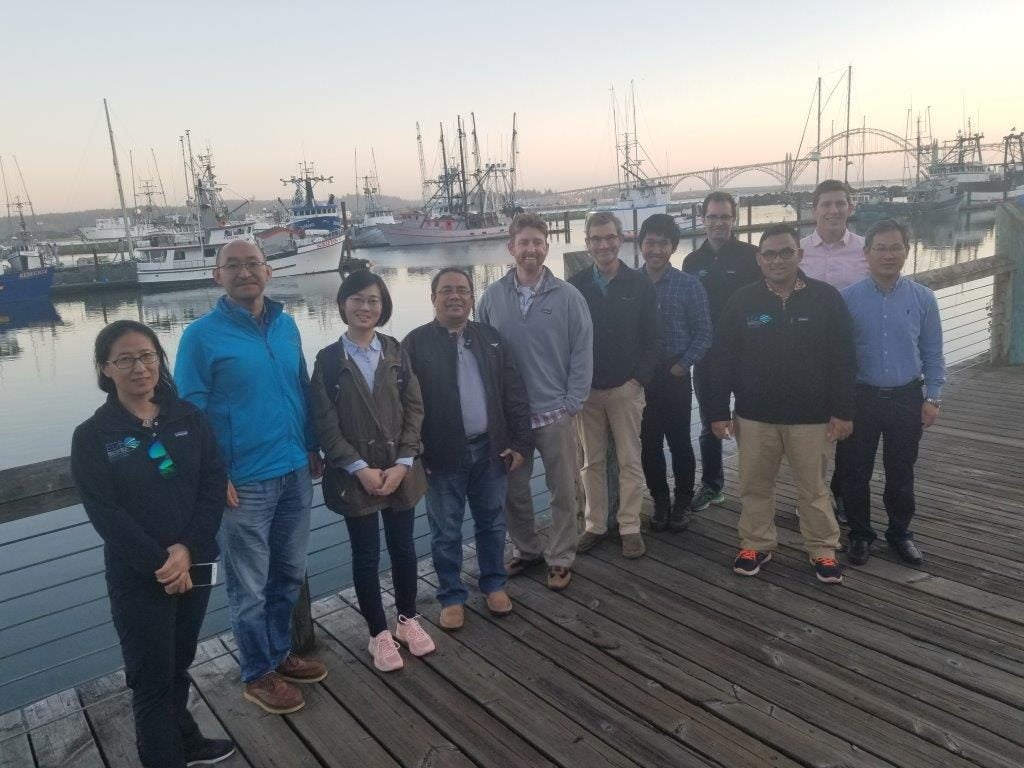 This August, a group of Indonesian, Chinese and Japanese scientists and policy professionals joined EDF to visit some of our long-time partners — fishermen, scientists and resource managers — in Oregon and Washington.
This August, a group of Indonesian, Chinese and Japanese scientists and policy professionals joined EDF to visit some of our long-time partners — fishermen, scientists and resource managers — in Oregon and Washington.
Our intent was to enhance the exchange of fisheries management experiences between the U.S. and important fishing nations in the Asia-Pacific region and contribute to a growing learning network among governments, scientists, NGOs and fishing communities. Read More

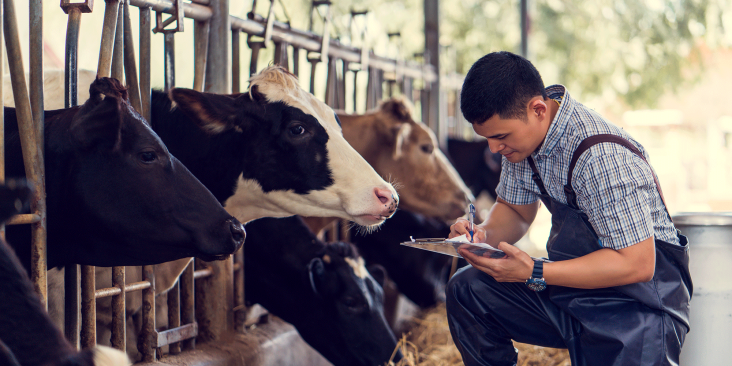






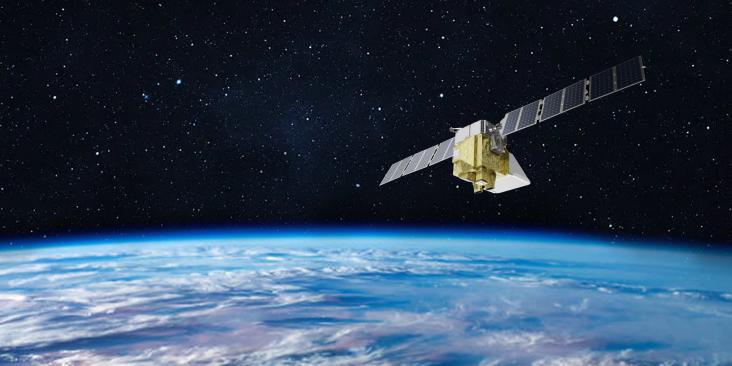

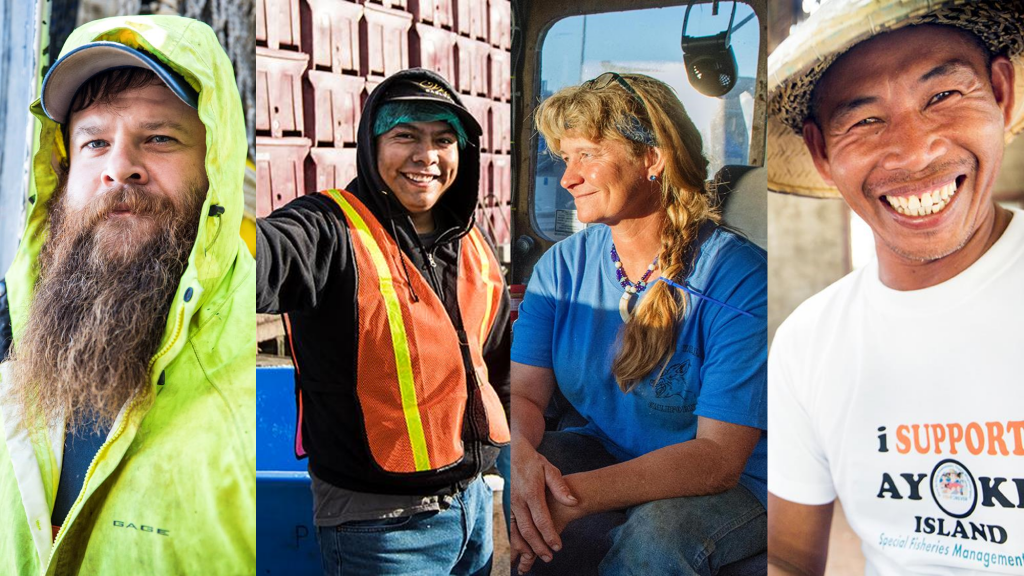 In recent years, investment circles have been abuzz with a bright new shiny object — the “Blue Economy.” Pick an impact investor, development bank or conservation fund out of a hat, and chances are there is a mention of the
In recent years, investment circles have been abuzz with a bright new shiny object — the “Blue Economy.” Pick an impact investor, development bank or conservation fund out of a hat, and chances are there is a mention of the 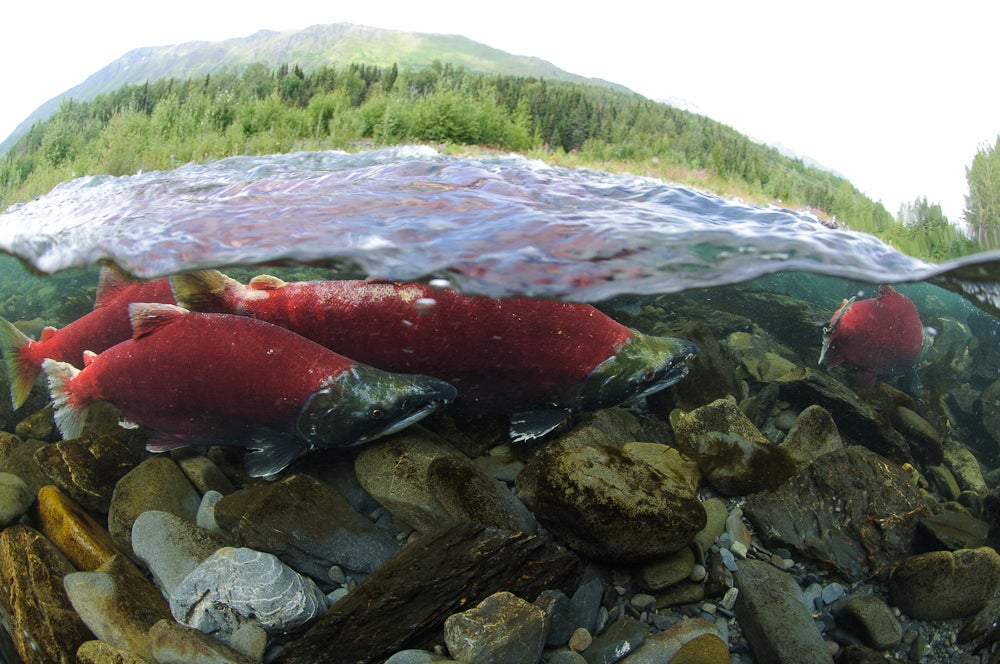 By Rod Fujita and Merrick Burden
By Rod Fujita and Merrick Burden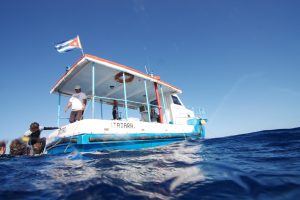 By: Katherine Angier and Dan Whittle
By: Katherine Angier and Dan Whittle